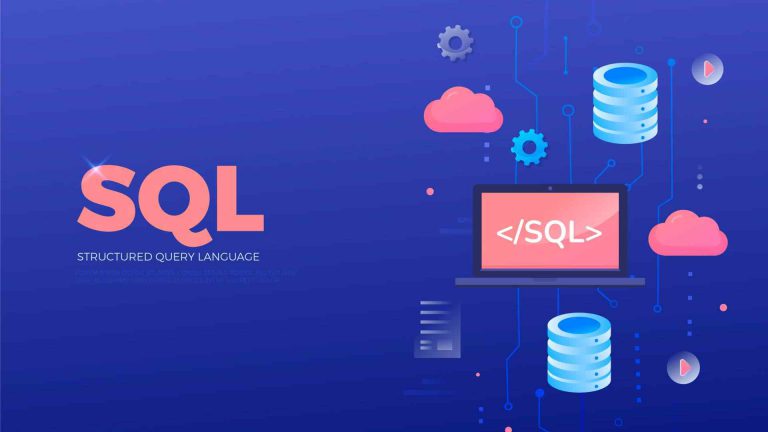Other
The Snowflake course is designed to provide participants with a comprehensive understanding of Snowflake, a cloud-based data warehousing platform that is popular in the industry. The course covers the core concepts of Snowflake, including its architecture, features, and integration with other tools and services. The course covers best practices for managing and monitoring Snowflake, including tips for optimizing cost, managing resource utilization, and monitoring performance. Upon completion of the Snowflake course, participants will have a solid understanding of the key features and capabilities of Snowflake and will be equipped with the knowledge and skills needed to use it effectively to manage and maintain enterprise data warehouses. The course also provides participants with the foundation they need to pursue further certifications in data engineering or data analytics.
The SOTI MobiControl course is designed to provide participants with an in-depth understanding of the SOTI MobiControl platform, which is used to manage mobile devices and applications in an enterprise environment. The course covers the core concepts of SOTI MobiControl, including its architecture, features, and integration with other tools and services. The course covers best practices for managing and monitoring SOTI MobiControl, including tips for optimizing cost, managing resource utilization, and monitoring performance. Upon completion of the SOTI MobiControl course, participants will have a solid understanding of the key features and capabilities of SOTI MobiControl and will be equipped with the knowledge and skills needed to use it effectively to manage and maintain mobile devices and applications in an enterprise environment. The course also provides participants with the foundation they need to pursue further certifications in mobile device management or related fields.
The Splunk Admin course is designed for IT professionals who are responsible for managing, administering, and deploying Splunk Enterprise environments. Splunk is a popular software platform used for monitoring, searching, analyzing, and visualizing machine-generated data from various sources. The Splunk Admin course is an excellent option for IT professionals who want to learn how to manage and administer Splunk Enterprise environments. Splunk offers a range of courses for Splunk administrators, designed to provide them with the knowledge and skills necessary to effectively manage and maintain the Splunk platform. These courses cover a wide range of topics, including installation and configuration, user management, data management, system management, and troubleshooting.
SQL Postgre, also known as PostgreSQL, is a popular open-source relational database management system (RDBMS). It is widely used for data warehousing, data analysis, and web applications due to its robustness, scalability, and extensive support for advanced SQL features. PostgreSQL supports a wide range of SQL features and offers advanced functionality, such as native support for JSON, XML, and Geospatial data types. It is also known for its reliability, scalability, and data integrity features, making it a popular choice for high-traffic applications. The course of SQL Postgre is designed to provide students with a comprehensive understanding of the PostgreSQL database management system, including database design, implementation, and administration. The course of SQL Postgre is delivered through online learning platforms that offer a variety of resources such as video lectures, hands-on exercises, quizzes, and community forums. These platforms allow students to learn at their own pace and schedule.
The course of Swift is designed for individuals who want to learn how to develop applications for iOS, macOS, watchOS, and tvOS using the Swift programming language. This course covers the fundamentals of Swift, as well as advanced concepts and best practices for developing efficient and effective Swift code. Students have the opportunity to work on real-world Swift projects, providing them with practical experience and portfolio pieces that can be used to showcase their skills to potential employers. They also have access to a network of Swift professionals and fellow students, providing them with ongoing support and resources as they continue to learn and develop their skills. Upon completion of the course, students are prepared to pursue careers in Swift development, including roles such as iOS developer, macOS developer, and watchOS developer. They are equipped with the skills and knowledge needed to design and develop robust and scalable Swift applications, ensuring that their code is efficient, maintainable, and effective. With a comprehensive curriculum covering the fundamentals of Swift, as well as advanced concepts and best practices, students are equipped with the skills and knowledge needed to succeed in a variety of roles in the field of Swift development.
No posts found



















